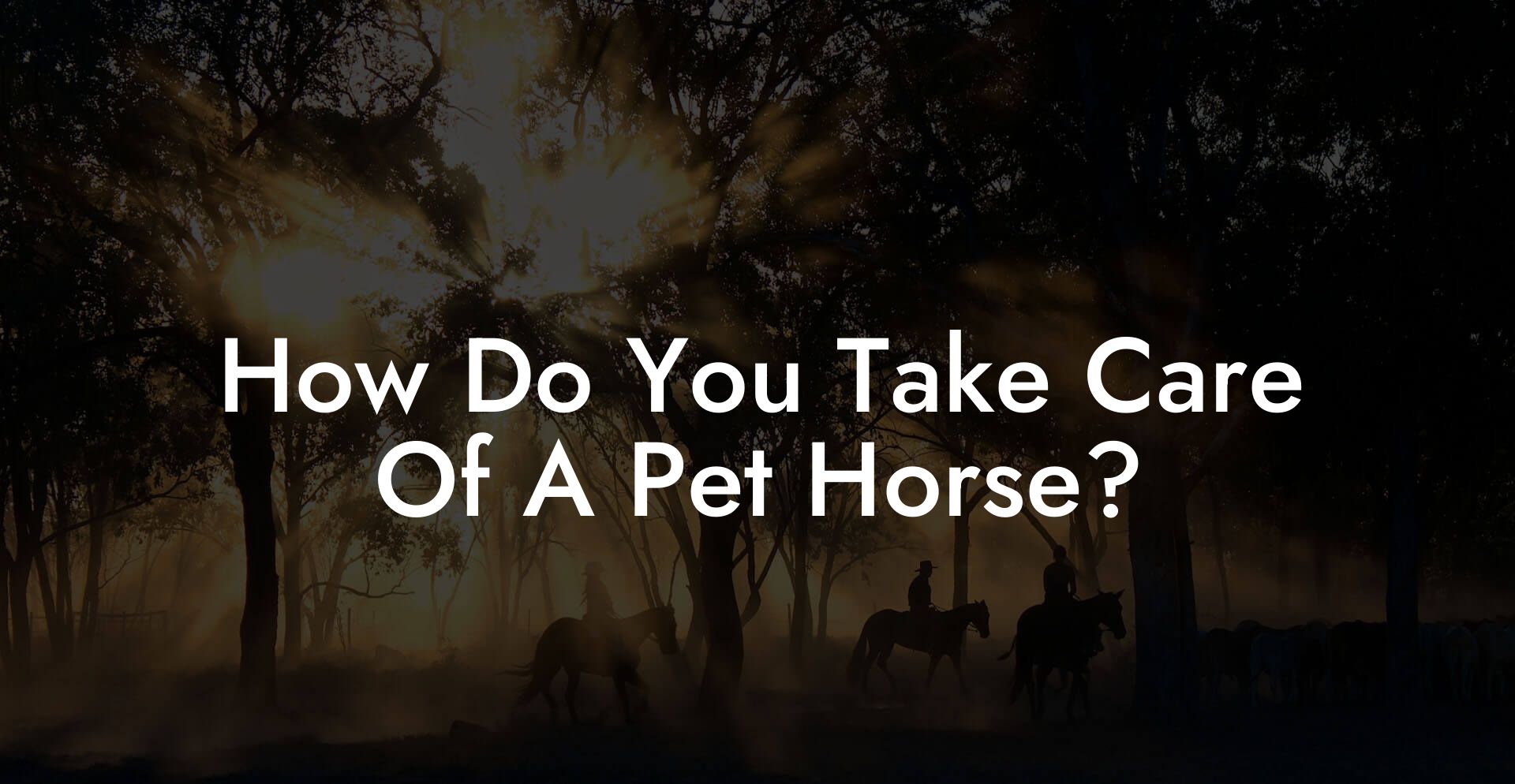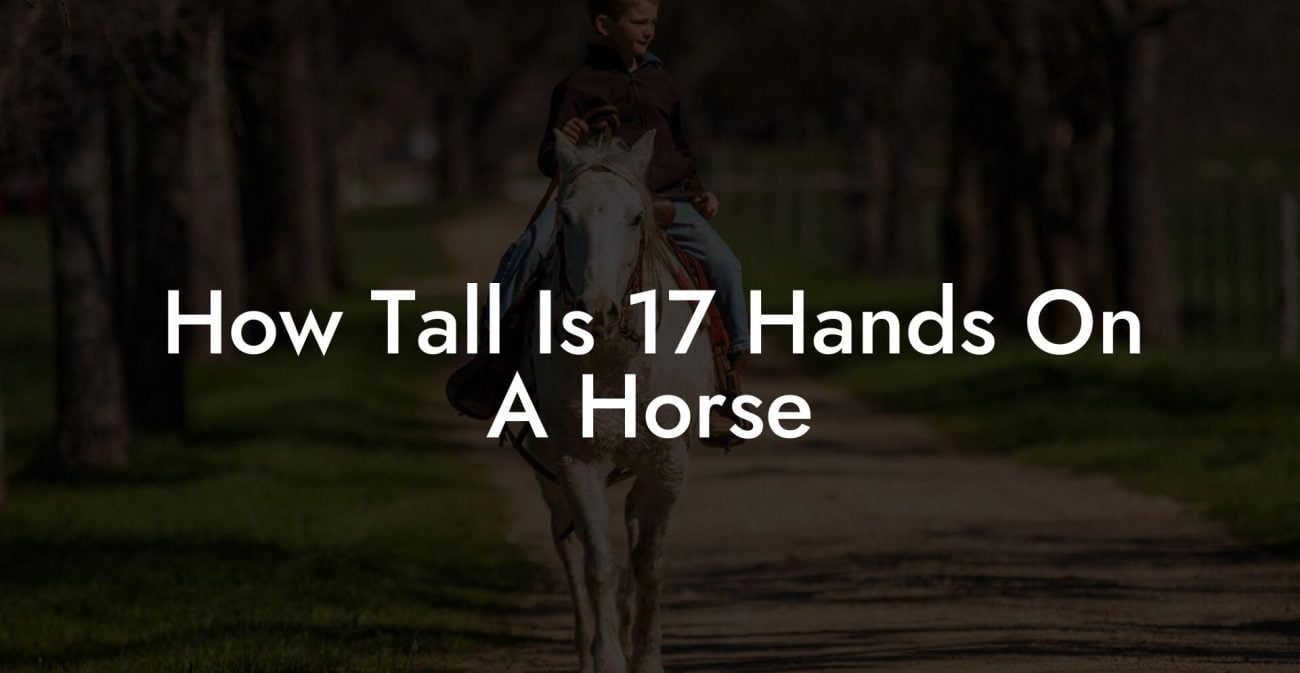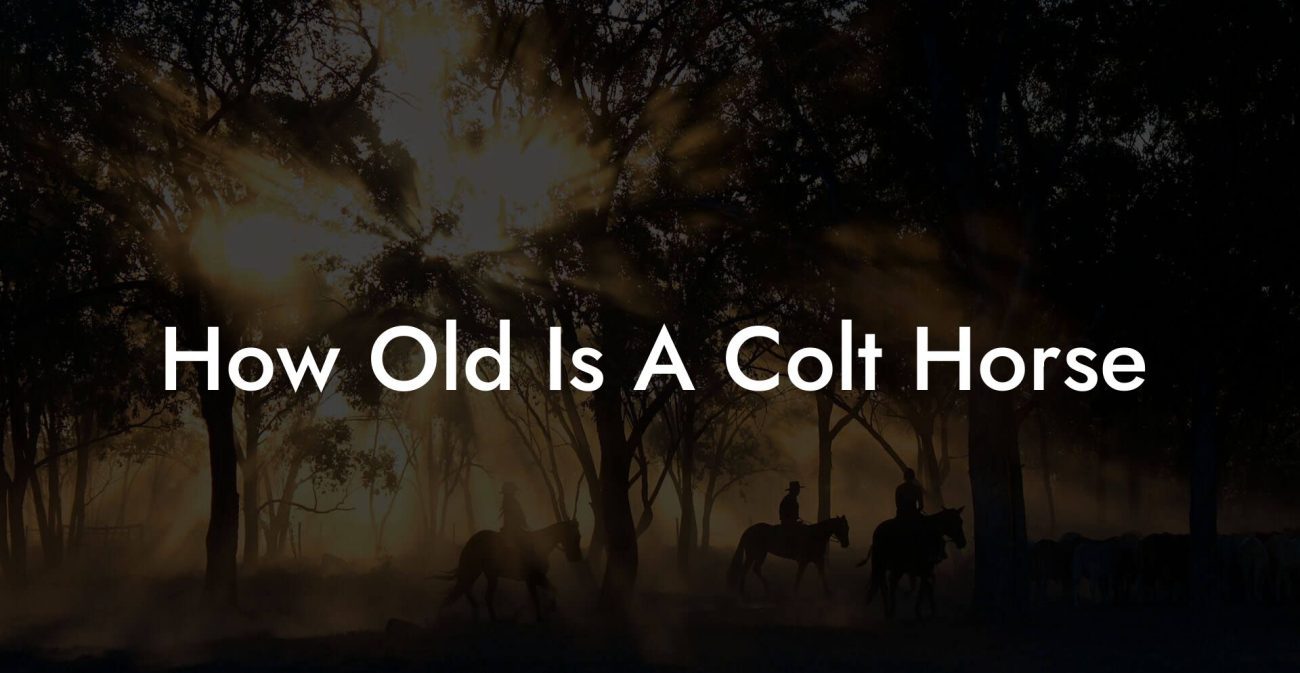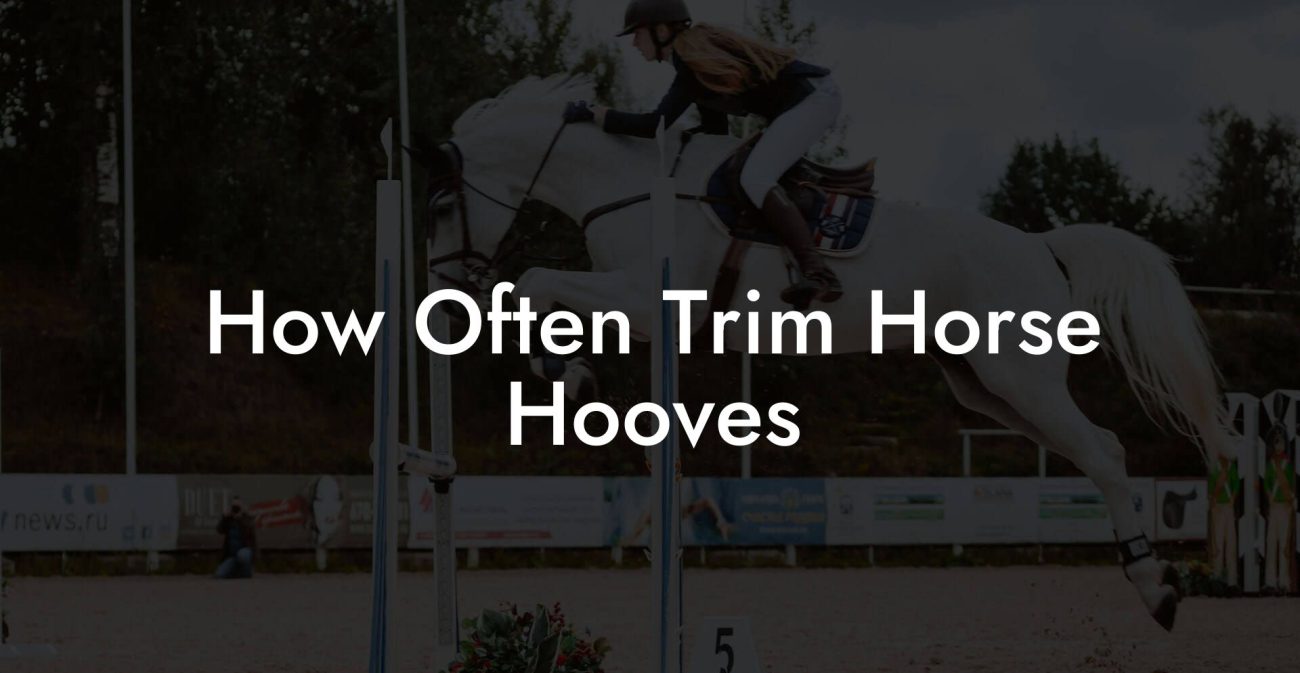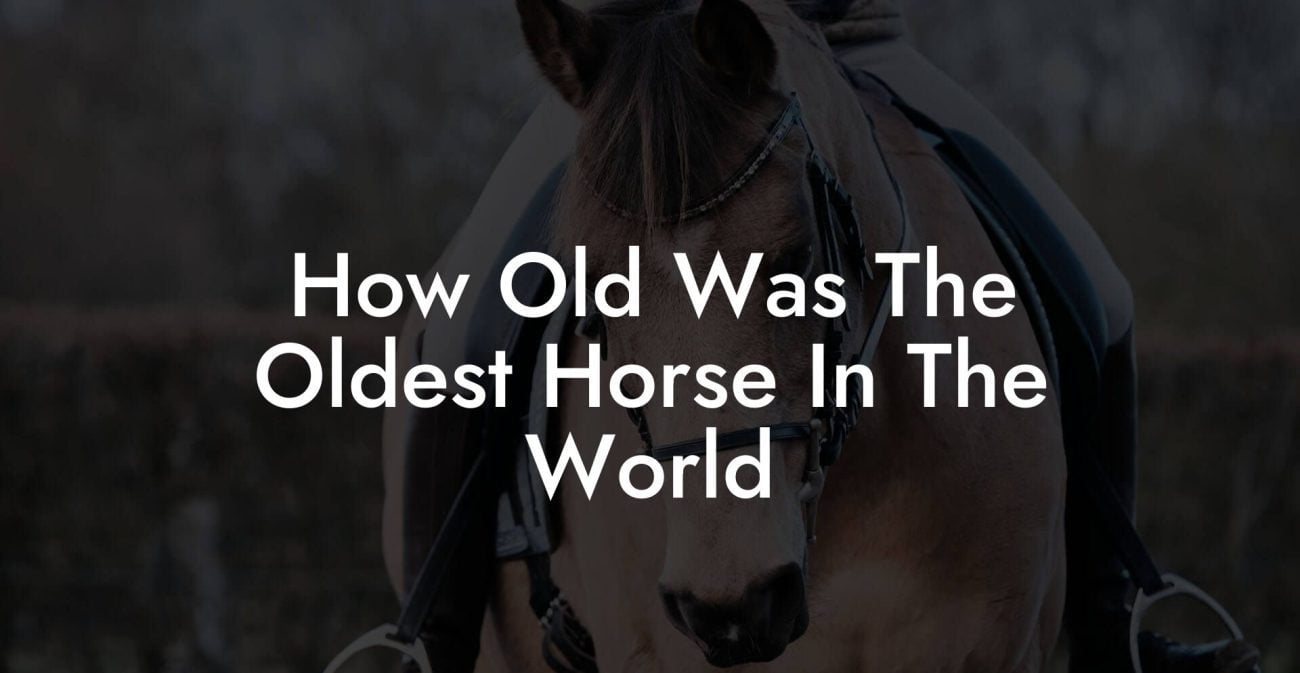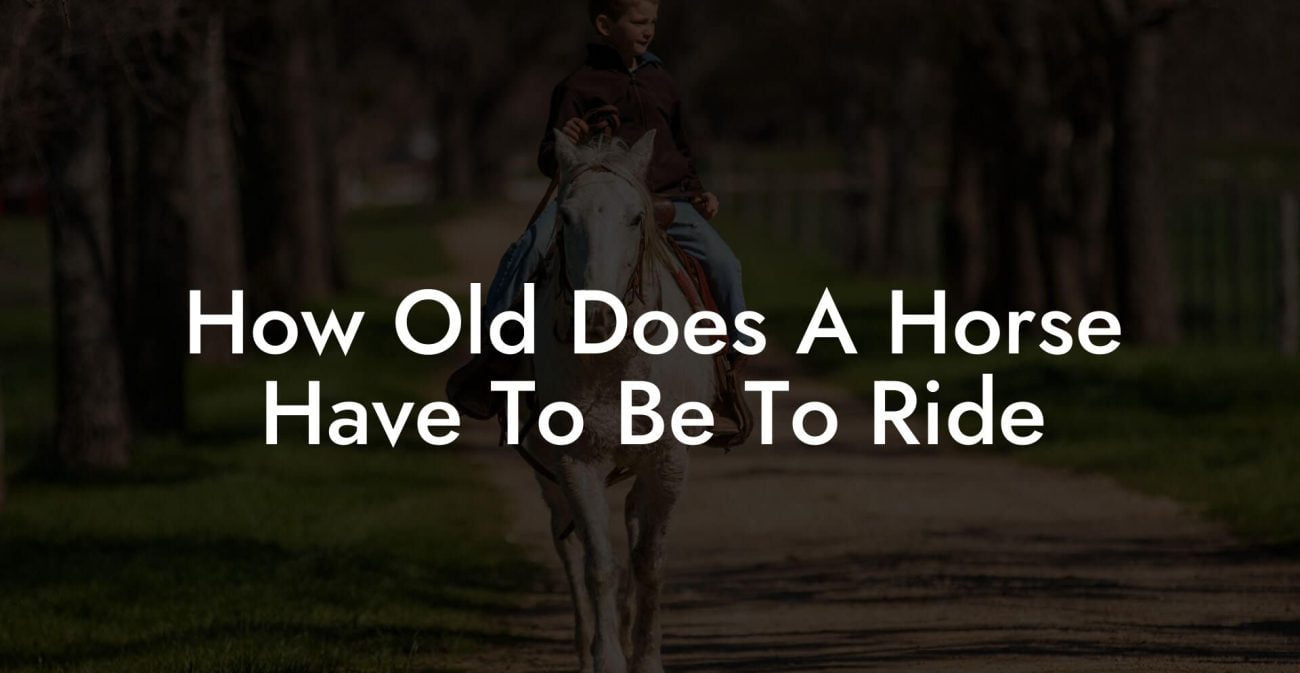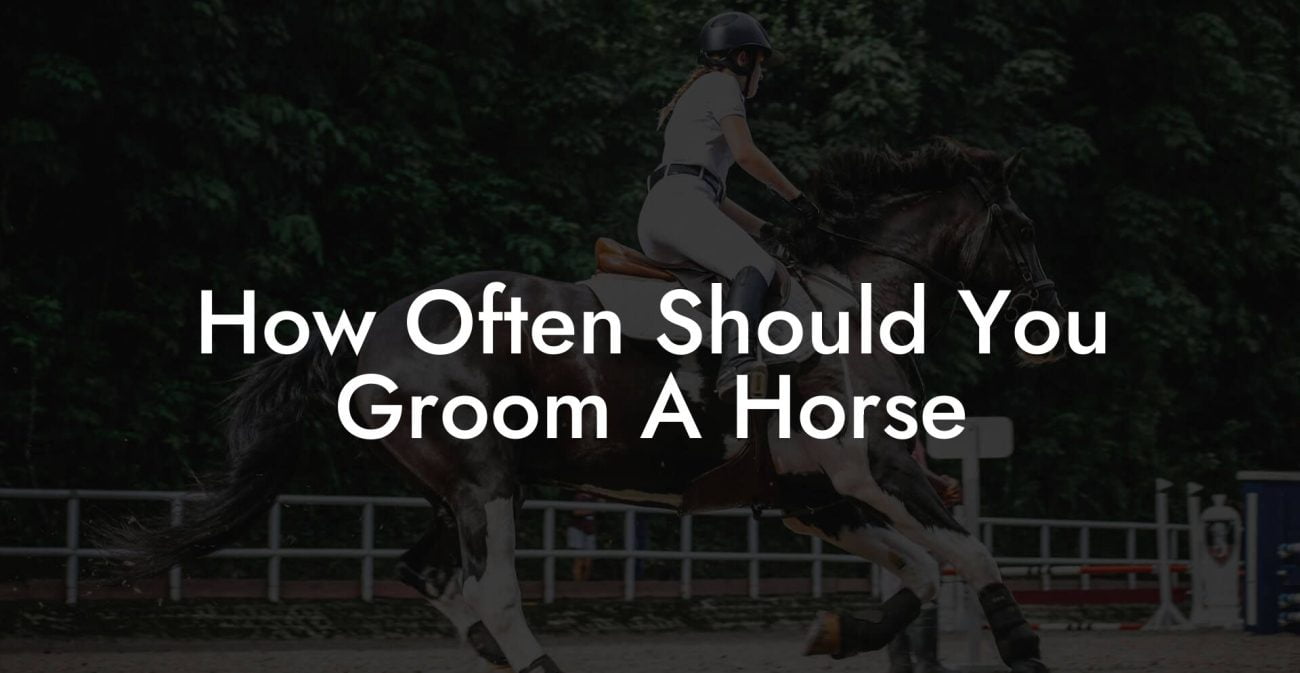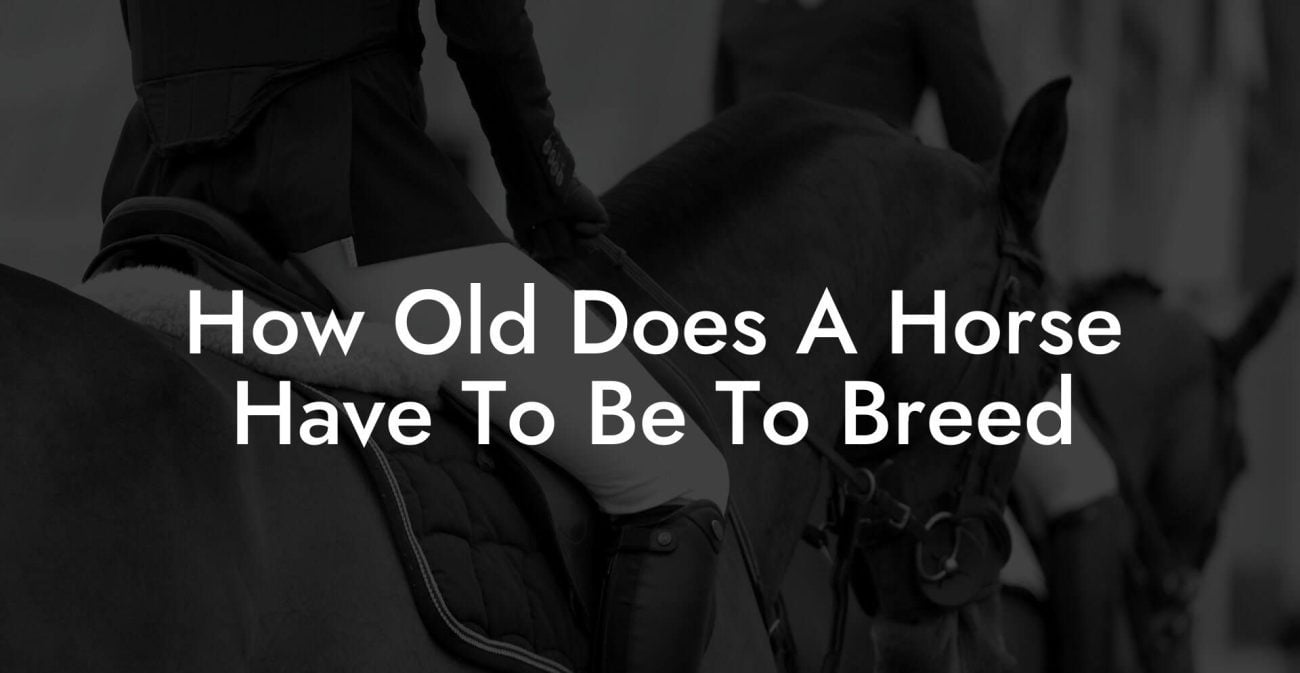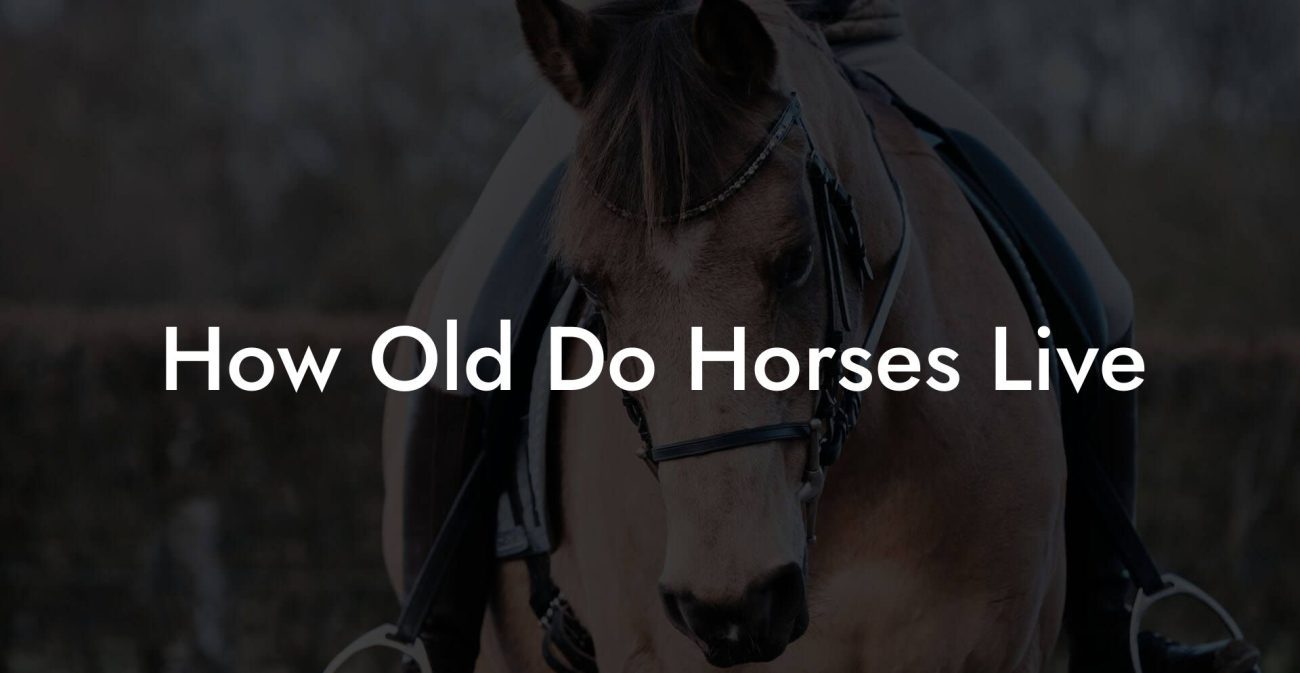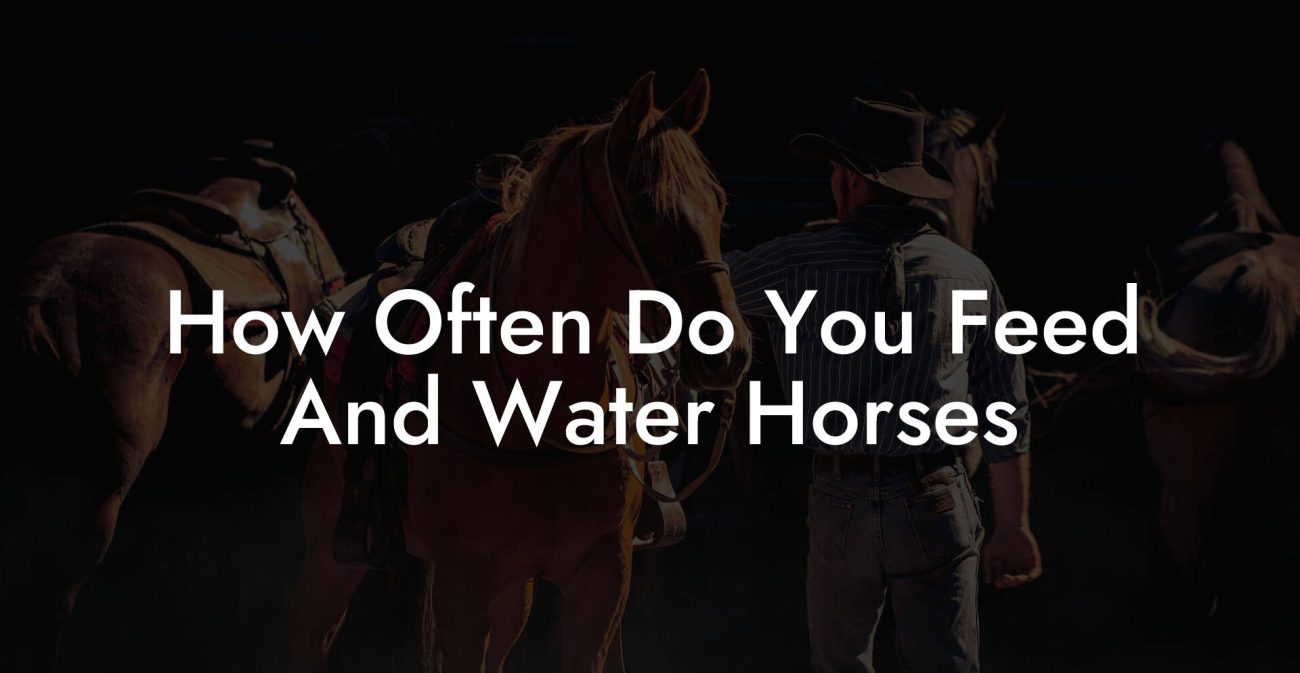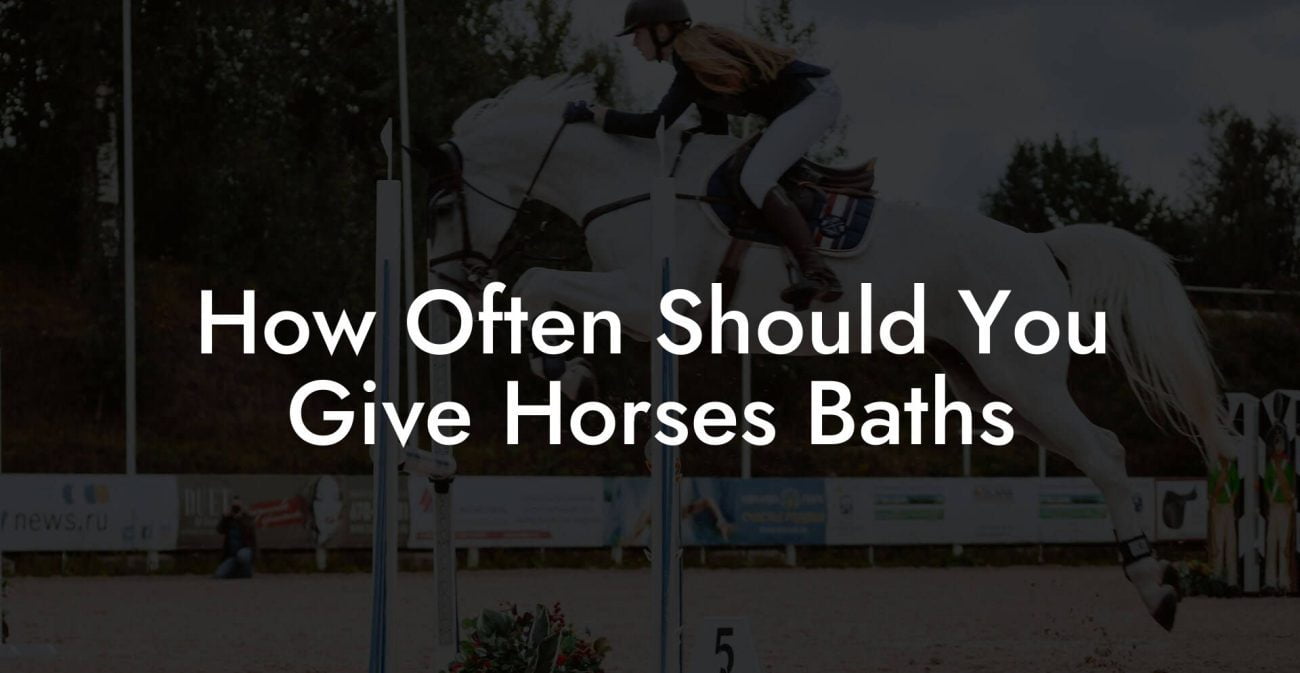Ever wondered how to turn the daily care of your pet horse into an adventure that’s as thrilling as riding through an Instagram-worthy sunset? Caring for a horse isn’t just about mucking out stalls or checking the feed bag, it’s a lifestyle, a commitment, and yes, a lot of fun for those who are ready to embrace equine energy with humor, heart, and a touch of high-speed gallop enthusiasm.
Quick Links to Useful Sections
- Understanding Your Pet Horse: More Than Just a Four-Legged Friend
- The Basics of Equine Nutrition: Fueling Your Horse’s Inner Champion
- Grooming Your Horse: Turning the Mane Event into a Daily Ritual
- Healthcare Essentials: Keeping Your Equine Friend in Tip-Top Shape
- Exercise and Mental Stimulation: Creating a Happy, Active Lifestyle
- stable and Pasture Management: Building a Haven for Your Horse
- Social Interaction and Bonding: The Heartbeat of Equine Companionship
- Training and Handling: Crafting a Partnership That Works
- Safety and Well-Being: Navigating Risks with Confidence
- Financial and Logistical Considerations: Planning for Long-Term Success
- Resources and Community Support: Your Next Steps
- Embracing the Lifestyle: Integrating Horse Care into Your Daily Routine
- Equine Behavior and Emotional Well-Being: Unlocking the Heart of Horse Care
- Beyond the Barn: Adventures With Your Pet Horse
- FAQs About Taking Care of a Pet Horse
- Your Roadmap to an Awesome Horse-Care Lifestyle
Understanding Your Pet Horse: More Than Just a Four-Legged Friend
Having a pet horse means you’re stepping into a world where empathy meets hard work, sprinkled with moments of sheer magic. For Gen-Z and millennials alike, the idea of caring for a majestic creature might seem straight out of a storybook, full of Instagram reels of flowing manes, soulful eyes, and contagious smiles. But behind every viral moment is a dedicated routine that supports your horse’s physical and emotional well-being.
horse care is multifaceted. It combines expert nutrition planning, consistent exercise, regular grooming, and an understanding of equine behavior. Whether you're a first-time horse owner or a seasoned rider, learning the intricacies of horse care empowers you to build an unbreakable bond with your four-legged companion. Embrace the challenge and discover how each grooming session or training exercise can be a chance to create epic moments that make both you and your horse shine.
By taking a comprehensive approach, integrating science-based techniques with holistic and sometimes downright intuitive methods, you’re ensuring that your pet horse lives a life of comfort, fitness, and adventure. Let’s dive into the nuts and bolts of how you can create an environment where your horse not only survives but thrives.
The Basics of Equine Nutrition: Fueling Your Horse’s Inner Champion
Nutrition plays a central role in your horse’s overall health, much like that perfect avocado toast for your morning vibe. Horses require a balanced diet that accounts for energy, fiber, vitamins, and minerals, ensuring they have all the horsepower, pun totally intended, to gallop through their day.
Forage First: The foundation of any good equine diet is pasture, hay, or silage. Think of forage as the greens in your smoothie, it’s largely indigestible fiber that keeps your horse’s digestive system in check, reduces the chances of colic, and makes sure their gut flora is happy and thriving.
Grains and Concentrates: While forage is key, many horses require additional energy, especially if they’re high-performance athletes or working during long days. Grains like oats, barley, and specialized horse feed blends can provide that extra boost. Remember, balance is essential, overfeeding grains can lead to issues like laminitis!
Supplements and Minerals: From salt blocks to vitamin supplements, these additional elements ensure that your horse receives a cocktail of the right nutrients. The trick is to work with a trusted veterinarian or equine nutritionist to tailor the diet to your horse’s specific needs, whether they’re a sprinter or a leisure companion.
Crafting a balanced diet isn’t just a routine; it’s a personalized care strategy that mirrors your own health regime. Just as you switch up your meals to keep things exciting and nutritious, your horse’s diet should reflect their workload, health status, and even personality.
Grooming Your Horse: Turning the Mane Event into a Daily Ritual
Grooming is where you really get to hang out with your horse and bond over some spa-level pampering. It’s not only about keeping your horse looking Instagram-ready with a shiny coat and luscious mane but also about maintaining their physical and emotional health.
Brushing and Bathing: Regular brushing helps remove dirt and loose hair, promotes circulation, and improves coat health. Invest in quality brushes and a curry comb to manage the natural shedding process. Bathing should be done with appropriate equine shampoo that respects the delicate pH of their skin.
Mane and Tail Care: These are like your horse’s natural accessories, kept neat with regular detangling and conditioning to prevent mats. The process of grooming these areas can be especially soothing for your horse and offer plenty of quality time together.
Hoof Care: Just as your sneakers need regular cleaning (okay, maybe not as often as your Insta feed), your horse’s hooves need attention too. Daily picking to remove debris, combined with regular trimming and, if needed, shoeing, ensures that their foundation remains strong and sound.
By making grooming an integral part of your pet care routine, you build trust and communication with your horse. These quiet moments can turn into effective check-ups on your horse’s health, helping you spot early signs of any potential issues.
Healthcare Essentials: Keeping Your Equine Friend in Tip-Top Shape
A healthy horse is a happy horse, and as a pet owner, you're their first line of defense against illnesses. Regular healthcare routines are essential, blending preventive measures with swift interventions when necessary.
Vaccinations and Deworming: Just as you schedule your yearly doctor check-ups, ensure that your horse is on a vaccination schedule to protect against common diseases. Regular deworming is also critical to keep those pesky internal parasites at bay.
Dental Care: Equine dental health is often overlooked but equally important, imagine eating your favorite bagel when your teeth are out of whack! Regular dental evaluations can prevent sharp edges and uneven wear, ensuring your horse can enjoy their meals without pain.
First Aid and Emergency Preparedness: Equip your barn with a well-stocked first aid kit and know basic first aid procedures. From minor cuts to more serious injuries, quick and decisive action can make all the difference.
Regular Veterinary Check-Ups: Establishing a consistent schedule with a trusted equine vet is non-negotiable. Routine exams help catch potential health issues early, and preventive care is always better than playing catch-up later.
Managing your horse’s health proactively means you’re investing in long-term well-being. It's like having a personal trainer and nutrition coach rolled into one, a support system that ensures your star performer stays in the game.
Exercise and Mental Stimulation: Creating a Happy, Active Lifestyle
Horses are built for movement, and just like you wouldn’t skip leg day at the gym, your horse needs regular exercise to maintain muscle tone, flexibility, and even mental health. Far beyond the scenic, leisurely rides, equine exercise routines can be innovative, fun, and designed to suit your horse’s unique personality.
Daily Workouts: Depending on your horse’s age, ability, and intended use, create a balanced workout routine that includes warm-ups, cool-downs, and varied activities like trotting, cantering, and even light jumping. These routines help keep your horse agile and prevent the build-up of unnecessary weight.
Trail Riding and Arena Work: Mixing up the environment not only keeps the horse physically engaged but also mentally stimulated. New trails, varied terrains, and even the occasional obstacle course can prevent boredom and foster a sense of adventure.
Mental Games and Enrichment: Horses are smart, social, and thrive on interaction, both with humans and other horses. Puzzle feeders, interactive play toys, or simple games like hide and seek with treats can spark cognitive engagement and add a playful twist to routine care.
Infusing exercise with mental challenges helps build both physical endurance and a sharper mind. This balance of work and play means that every ride, every gallop, and every pasture run is filled with purpose and passion.
stable and Pasture Management: Building a Haven for Your Horse
The environment where your horse lives is just as important as the care they receive. Creating a safe, clean, and stimulating space is essential for their overall well-being, and it’s a bit like designing your dream loft or a Pinterest-perfect home.
Cleanliness and Safety in the Stable: Regular mucking out, disinfecting surfaces, and ensuring proper ventilation in your stable reduce the risks of respiratory problems and infections. A well-maintained stable should be a safe haven that limits exposure to harmful dust and pathogens.
Pasture Care: Fresh, lush pasture is like a 24/7 buffet for your horse, but it requires diligent management. Regularly rotate grazing areas to prevent soil depletion, manage weeds, and ensure that your horse’s natural diet from the pasture remains diverse and nutritious.
Designing a Functional Space: When planning your stable layout, consider traffic flow, accessibility for routine maintenance, and plenty of space for both exercise and relaxation. The integration of shaded areas, water stations, and secure fencing contributes to a stress-free environment. A well-structured barn isn’t just utilitarian, it’s a personalized oasis that reflects your commitment to top-tier horse care.
Your stable and pasture aren’t simply the backdrop of your pet horse’s life, they actively shape their health, behavior, and overall quality of life. A well-kept environment provides physical protection and cultivates an atmosphere of comfort and security.
Social Interaction and Bonding: The Heartbeat of Equine Companionship
Horses are inherently social animals. Think of them as having a social life that could rival any influencer’s feed, with lots of interactions, grooming sessions, safe play dates, and quiet moments of mutual understanding. Fostering that bond between you and your horse transforms routine care into a dynamic relationship rooted in trust.
Daily Bonding Time: Simple activities, such as hand grooming, feeding treats, or even a leisurely walk in the pasture, can create moments of intimacy that deepen your connection. These moments aren’t just heartwarming; they’re therapeutic for both you and your pet horse.
Group Dynamics: In a herd environment, social interaction among horses helps reduce stress and facilitates natural behaviors. If you have multiple horses, allow them to interact while supervising to prevent conflicts. For the single-horse owner, consider stabling your horse near other friendly equines or arranging regular play dates.
Training as a Bonding Tool: Effective training is less about dominance and more about communication and trust. Incorporate positive reinforcement, treats, praise, and a bit of humor, to guide your horse through new tricks or basic commands. This not only improves obedience and performance but also strengthens the relationship.
Investing time in social and nurturing interactions is invaluable. It transforms everyday routines into engaging experiences and helps your horse feel more secure, loved, and motivated to be their best self.
Training and Handling: Crafting a Partnership That Works
Training your horse is akin to crafting an art piece. It requires creativity, patience, and a clear understanding of your horse’s communication cues. Instead of adopting a strict, old-school approach, consider methods that resonate with modern, empathetic training philosophies, methods that emphasize mutual respect instead of outdated “tough love.”
Positive Reinforcement: Use treats, verbal praise, and gentle touches as rewards when your horse meets a command or shows improvement. This approach turns training into a fun game that both of you can look forward to every day.
Consistency and Routine: Just like your daily coffee run, horses thrive on consistency. Establish a routine that covers basic commands, obstacle courses, and desensitization exercises. Consistent practice not only sharpens your horse’s skills but also establishes a language of trust between you.
Understanding Equine Behavior: Invest time to learn about body language signals and behavioral cues so you can anticipate your horse’s needs. This insight is key to preventing and resolving miscommunication before it escalates into big issues.
Modern Training Tools: The tech-savvy world isn’t just for humans, innovative tools like equine training apps, wearable trackers, and even video analysis can help you monitor progress and fine-tune training sessions. Embrace these tools to make training a high-tech, high-reward experience.
Whether you’re teaching basic commands or advanced maneuvers, the goal is to create a dynamic partnership where both you and your horse learn from each other. This is where routine care meets innovative training, enhancing both performance and companionship.
Safety and Well-Being: Navigating Risks with Confidence
With great equine power comes great responsibility. Ensuring the safety of your pet horse, and yourself, is a non-negotiable component of effective horse care. From routine tasks to unexpected emergencies, grounding your day-to-day practices in safety-first principles is essential.
Protective Gear: Gear isn’t just for human athletes; horses can benefit from protective boots, leg wraps, and appropriate saddlery that minimizes the risk of injury during rides or training sessions. Always inspect your equipment for wear and tear.
Emergency Protocols: Establish a clear action plan for emergencies, whether it’s an accident in the paddock or an unexpected bout of illness. Keep emergency contact numbers handy, and ensure your barn and stable are equipped with first aid supplies.
Environmental Vigilance: Monitor weather conditions and adjust your horse’s activities accordingly. Extreme weather, be it blistering heat, heavy rain, or sudden cold, requires extra precautions in housing, hydration, and exercise scheduling.
Regular Health Checks: Beyond routine veterinary exams, take the time to learn how to perform basic health assessments on your horse. Check for signs of lameness, unusual behavior, or injuries, your attention to detail can be the difference between a minor issue and a major setback.
By embedding safety into every aspect of your horse’s care, you create a culture of vigilance and preparedness. This proactive approach not only protects your beloved pet but also gives you the assurance to explore new adventures together.
Financial and Logistical Considerations: Planning for Long-Term Success
Let’s be real, caring for a pet horse is a bit like running a small business. There are costs, planning, and a fair share of logistics involved. But think of it as an investment in a relationship that’s bound to yield priceless returns, both in fulfillment and in the joy of shared adventures.
Budgeting for Care: Owning a horse involves ongoing expenses. From feed and supplements to veterinary bills and grooming supplies, create a detailed budget that covers both expected and unexpected costs. Financial planning helps ensure that your horse’s care remains sustainable.
Time Management: Balancing daily routines, training sessions, and healthcare appointments might require some serious multitasking skills. Develop a schedule that accommodates your commitments while leaving ample room for quality time with your horse.
Local Resources and Specialists: Identify your local resources, reliable veterinarians, farriers, and equine nutritionists, as these professionals can be invaluable allies. Building connections with local experts can enhance your ability to address issues promptly and efficiently.
Insurance and Liability: Consider investing in equine insurance to safeguard against unforeseen circumstances. Additionally, knowing local regulations and best practices for equine facilities ensures that you are compliant and ready to handle any challenges that come your way.
Planning meticulously for the financial and logistical aspects of horse care transforms the experience from a potential headache into a rewarding, manageable lifestyle choice. With the right planning, every gallop and grooming session is supported by a robust foundation of preparedness.
Resources and Community Support: Your Next Steps
Navigating the world of pet horse care is easier, and even more inspiring, when you’re part of a vibrant community. Whether you’re scouring online forums, checking out YouTube tutorials, or joining local equine clubs, connecting with fellow horse enthusiasts is a gold mine of support, advice, and shared stories.
Online Communities and Social Media: From TikTok to dedicated Facebook groups, there are countless digital spaces where horse owners swap tips, trade memes, and celebrate the highs and lows of equine care. Don’t hesitate to join these conversations and share your own adventures.
Books and Courses: There’s a wealth of knowledge out there if you’re keen on diving deeper. Whether it’s books written by renowned equine experts or local workshops, continuing your education can help you stay ahead of the curve.
Local Equine Organizations: Many regions have clubs or associations that offer seminars, rides, and networking opportunities. These organizations can provide both hands-on support and a sense of belonging as you expand your horse care expertise.
Veterinary and Farrier Networks: Establishing a network of trusted professionals not only ensures that your horse’s health is taken care of but also creates a go-to list of emergency contacts and expert opinions. A strong professional network is as vital as your online community.
Taking your next steps means embracing the power of community. The journey of pet horse care is far from lonely, it’s enriched by every shared ride, each community event, and every tip exchanged over a cup of coffee at the barn’s office.
Embracing the Lifestyle: Integrating Horse Care into Your Daily Routine
Integrating horse care into your everyday life isn’t just about the physical tasks, it’s about transforming the way you live. When you adopt horse care as a lifestyle, each day becomes an opportunity to refine routines, celebrate small victories, and build a life of balance and purpose.
Start by mapping out your day around your horse’s needs. Early morning feeding, daily grooming sessions, and a mid-day check on their exercise routine can sync beautifully with your own lifestyle, fostering a rhythm that benefits both you and your equine pal. It’s like syncing your calendar with a trusted friend whose well-being depends on your guidance.
Embrace tools like mobile apps or planners dedicated to equine care routines. These digital assistants can help you schedule vet appointments, track feed inventory, and even remind you to take that much-needed break for a refreshing walk with your horse.
Ultimately, the lifestyle of pet horse care is a journey of continuous learning, adaptation, and heart-driven commitment. With each lesson learned and every challenge overcome, you’re not only nurturing a beautiful creature, but also enriching your life with meaning, adventure, and moments of pure joy.
Equine Behavior and Emotional Well-Being: Unlocking the Heart of Horse Care
Beyond the physical, there’s an emotional connection that transforms a pet horse into a lifelong companion. Understanding equine behavior gives you insights into their moods, preferences, and emotional needs. Just as you might ask a friend how they’re really doing, learning to read your horse’s body language can prevent miscommunication and deepen your bond.
Reading the Signs: From a flick of the ear to a change in posture, your horse communicates constantly. Learn the subtle signals, like a tucked tail indicating discomfort or a pricked ear showing curiosity, so you can adjust your care routine accordingly.
Emotional Enrichment: Horses, like us, thrive on interactions that make them feel secure and valued. Incorporating play, predictable routines, and even a bit of creative flair, like playing gentle music during grooming, can nurture their emotional well-being.
Building Trust: Trust is built gradually through consistency, empathy, and mutual respect. Taking the time to simply be present with your horse, letting them nuzzle your hand or lean into your touch, sets the stage for a lasting connection that transcends routine care.
Embracing your horse’s emotional world means accepting that care is as much about the heart as it is about the hoof. Foster that trust every day, and watch as your bond grows in ways that social media posts can scarcely capture.
Beyond the Barn: Adventures With Your Pet Horse
Sometimes, the most magical moments in horse care happen when you take your pet on adventures outside the familiar barnyard. Think of impromptu trail rides, exploring scenic back roads, or even joining equestrian events that celebrate the art of riding and caring for these majestic creatures.
Trail Riding: Explore new terrains, from quiet forest trails to breezy beach paths. Trail rides not only provide physical exercise but also mental stimulation, giving your horse new sights, scents, and experiences.
Equestrian Events: Join local horse shows, rodeos, or charity rides to connect with fellow enthusiasts and share your passion. These events can be a fantastic way to learn new techniques, see innovative equipment, and simply revel in the spotlight of equine excellence.
Traveling With Your Horse: For the truly adventurous, consider the logistics of transporting your horse to competitions or even on vacation. Investing in a quality trailer, planning route stops, and ensuring that your horse has a comfortable journey can transform travel into yet another shared adventure.
Every ride outside your regular routine is an opportunity to create epic moments and lasting memories. Whether you’re riding under a starlit sky or taking a leisurely trot through an autumn landscape, each excursion is proof that caring for your pet horse is the ultimate lifestyle upgrade.
FAQs About Taking Care of a Pet Horse
We know you might have a ton of questions swirling in your head about equine care. Here are some of the most frequently asked questions from horse owners just like you:
1. How do I know if my horse’s diet is well-balanced?
A balanced diet for your horse should primarily consist of quality forage (pasture and hay), complemented by grains and supplements as needed. Consulting with an equine nutritionist or veterinarian can help tailor the diet to your horse’s age, workload, and health condition.
2. How often should I groom my pet horse?
Regular grooming is essential, ideally, a quick brush daily with more intensive sessions a few times a week. This routine helps maintain coat health, prevents matting of the mane and tail, and provides an opportunity to monitor your horse’s overall condition.
3. What are the best ways to ensure my horse gets enough exercise?
A combination of daily work routines that include trail rides, arena exercises, and pasture turnout is ideal. Incorporating mental stimulation and varying the routine keeps your horse engaged and healthy.
4. How can I tell if my horse is in pain or discomfort?
Signs of discomfort in horses can include changes in behavior, reluctance to move, uneven gait, or avoidance of certain touches. Regular health checks and a close bond with your horse will help you recognize these subtle signals early.
5. What preventive healthcare measures should I prioritize?
Regular veterinary check-ups, vaccinations, deworming, and dental care are key. Don’t forget daily checks as you groom your horse to spot any unusual signs or injuries.
6. How do I create a safe environment in my stable?
Keep the stable clean and well-ventilated, ensure proper drainage, maintain secure fencing, and implement regular maintenance checks. This minimizes the risk of accidents and supports your horse’s respiratory health.
7. What are some good strategies for socializing my horse?
Routine interactions with other horses, supervised play, and consistent bonding time with you are all effective. Socialization is crucial for reducing stress and enhancing emotional well-being.
8. Can I balance a busy lifestyle with high-quality horse care?
Absolutely. With planning, routine, and even smart tools like scheduling apps and community support, you can integrate quality horse care into a busy lifestyle. It’s all about prioritization and passion.
These FAQs address common concerns, but every horse is unique. It’s always wise to consult with professionals and adapt routines that work best for your own equine friend.
Your Roadmap to an Awesome Horse-Care Lifestyle
Mastering the art of horse care is a journey, a journey filled with early morning rides, warm cups of coffee by the stable, and evenings spent scrolling through equine-inspired Instagram feeds. It’s a cycle of dedication, learning, and growth that transforms everyday tasks into remarkable life experiences.
Think of every grooming session, every balanced meal planned, and every smart training exercise as a stepping stone. These steps are not just routine activities; they are expressions of love, commitment, and the vibrant lifestyle that comes with being a horse owner.
In embracing the full spectrum of horse care, nutrition, grooming, health maintenance, exercise, safety, and emotional bonding, you are not just taking care of a pet; you’re cultivating an environment where your horse and you can thrive in total harmony. Whether you’re sharing your journey online, learning from experts, or simply taking joy in those quiet moments of mutual companionship, every effort you put in is part of a larger narrative: a well-loved life on and off the saddle.
So saddle up and dive into the wonderful, sometimes messy, always rewarding world of caring for your pet horse. Let every challenge become a lesson, every triumph a celebration, and every day an opportunity to create new, unforgettable memories. Your journey is unique, but one thing is clear: when you care for a horse with passion and innovation, the possibilities are endless.

